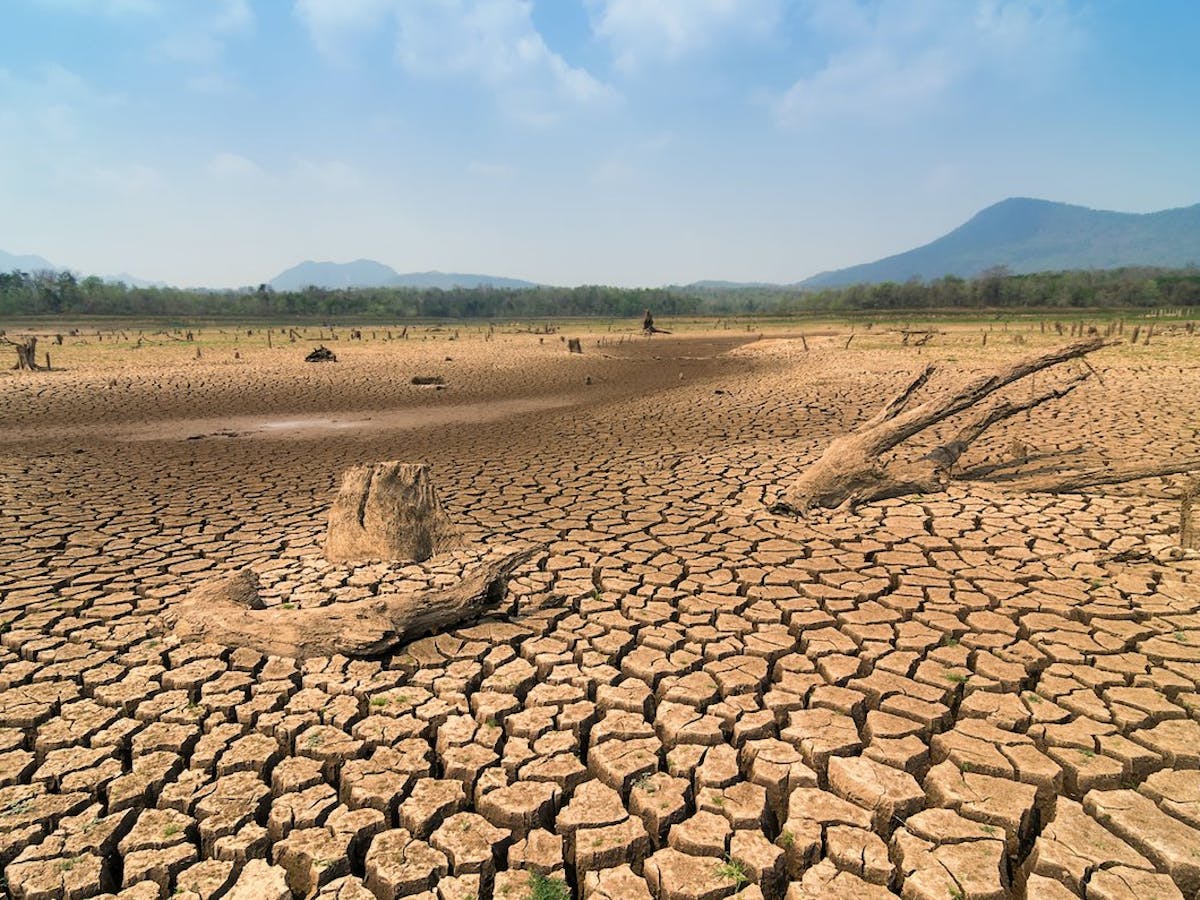Mark Plant, Ronan Palmer and Dileimy Orozco
In 2021, the International Monetary Fund (IMF) completed its periodic Comprehensive Surveillance Review (CSR), which considered how the IMF should update the analysis and advice it gives member countries as part of its mandated surveillance function. In considering the review, the IMF Executive Board mandated IMF staff to incorporate a wider range of risks into its surveillance operations and craft its policy advice to address these risks on an ongoing basis. Climate change figured prominently in the discussions of new sources of risk—not only the direct impact of climate change on the global economy and individual countries, but also the macroeconomic and financial impacts of policies to mitigate climate change.
This is a challenging agenda for the IMF. In a seminar convened by E3G and the Center for Global Development, a group of experts discussed the challenges with a team from the IMF as they begin to translate the Board’s mandate to consider climate risk into concrete advice for country teams and global analysts in everyday operations. The experts’ advice was wide-ranging, but some key takeaways follow.
Climate change is a complex phenomenon that will require the IMF to stretch its analytic boundaries. Too often climate risks are analysed from a purely meteorological perspective, without considering the biological, geographical, and other systemic consequences, all of which can have profound economic implications. Assessing the wide gamut of climate change implications will require both more staff and enhancement of climate expertise through hiring or training, and close cooperation with climate experts from a variety of disciplines. In addition, close cooperation with other international institutions and external experts that have sectoral or regional expertise will be essential if the IMF is to help countries find new and more sustainable avenues for economic growth.
The IMF is in a unique position to aggregate country-specific analyses of the economic impact of climate change into global analysis. To date, the IMF climate-economic models tend to be global in scope or country-specific—the links between the two have not yet been made. At the same time other groups are producing sectoral economic models and it is unclear if and how sectoral work can be aggregated to draw global implications and whether these would be consistent with global modelling. The IMF has been one of the few institutions able to integrate country-by-country analysis into a global economic assessment and thus is in a unique position to confront this aggregation challenge but will require more investment by the Fund and cooperation with other modelers, whilst extending its thinking beyond current methodologies.
Climate change will have markedly different impacts across countries and each country will confront difficult trade-offs, thus challenging the IMF to tailor its advice. For example, in developing countries such as India, there will be trade-offs between climate action and development—in the context of potentially not being able to follow export-oriented growth models, and the IMF should be ready to play a role in offering new solutions to ensure sustainable growth
A better understanding of spillover effects of climate action or inaction on global economic growth will be critical to aggregating country or sectoral analyses. While the Fund has increased its understanding of financial spillovers, translating that expertise into economic spillovers of climate change and/or sustainable and resilient investment will require different models. Of particular importance is understanding the global financial impacts the investment needed to make lasting progress against climate change. The scale and time horizon of such investments will require enormous changes in magnitude and direction of financial flows, with multiple spillovers across country borders and into non-financial sectors.
It is critical to distinguish risk and uncertainty in assessing economic futures under climate change scenarios. The large uncertainty in potential climate outcomes should provide a lever for the IMF to discuss investment in building economies that are resilient to a wide variety of changes. Such investment is potentially costly but needs to be weighed against uncertain and perhaps devastating outcomes if it is not undertaken. And climate risk needs to be more broadly applied to all IMF analyses. For example, the Financial Sector Assessment Program (FSAP) need to incorporate more fully climate-related transition dynamics in the financial sectors, both locally and globally.
There is a danger of focusing too much on probabilities in risk modelling, which can result in locking in analysis based on central scenarios and the minimization of the potential impact of tail risks and asymmetric impacts of climate change on the economy. To keep out of this trap, the IMF should engage in more scenario planning and use other tools that would expose the full range of risks without ex-ante assessments of their likelihood. Care should be taken to avoid the so-called “Tragedy of the Horizon,” where shorter-term decision-making discounts future climate economic impacts too heavily.
Good communication of the economic risks and uncertainty associated with climate change will be critical to making constructive changes in policy at the local and global levels. There is a tension between giving policymakers an unvarnished assessment of climate-related risks and not quelling capital flows, especially in low- and middle-income countries. Overplaying climate risks in a country or region could stymie the very investment needed to increase resilience. Yet minimizing risks to comfort investors risks a complacency in policymaking when time is of the essence. It will be critical for the IMF to use its reputation and expertise to present the facts and the difficult tradeoffs policymakers will face, without pre-ordaining the decisions appropriately left to them.
Overall, the external experts appreciated the strong commitment by IMF Board, management, and staff to help their member countries address the economic challenges posed by climate changes and needed mitigation and adaptation measures. The existential nature of the problem for the global economy necessarily puts the IMF at the center of the discussions on economic adjustment to climate change that lies ahead of us.

